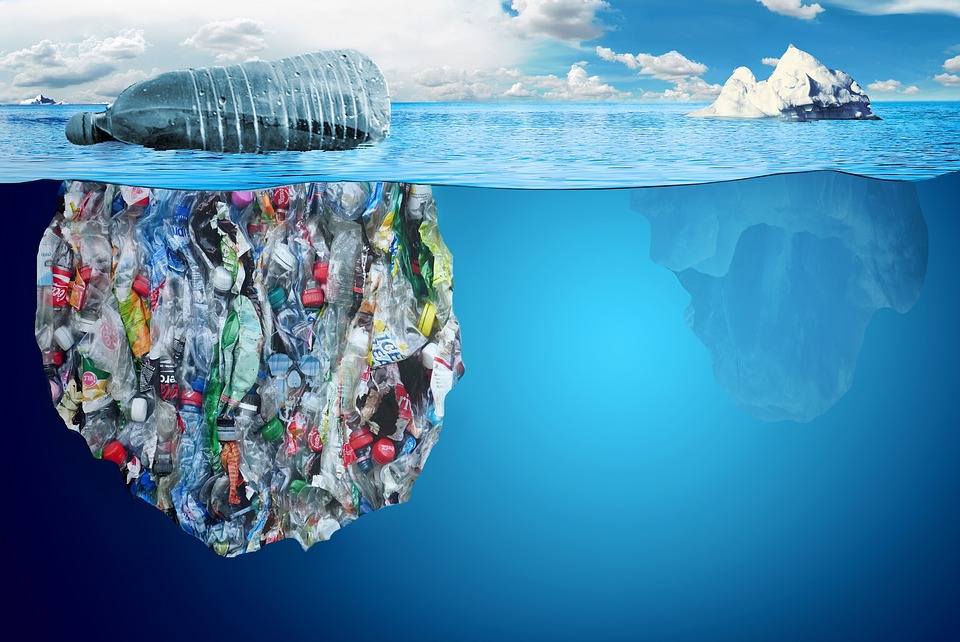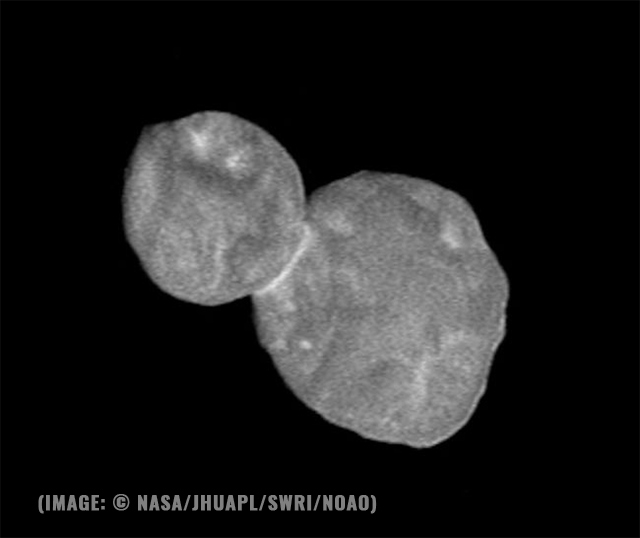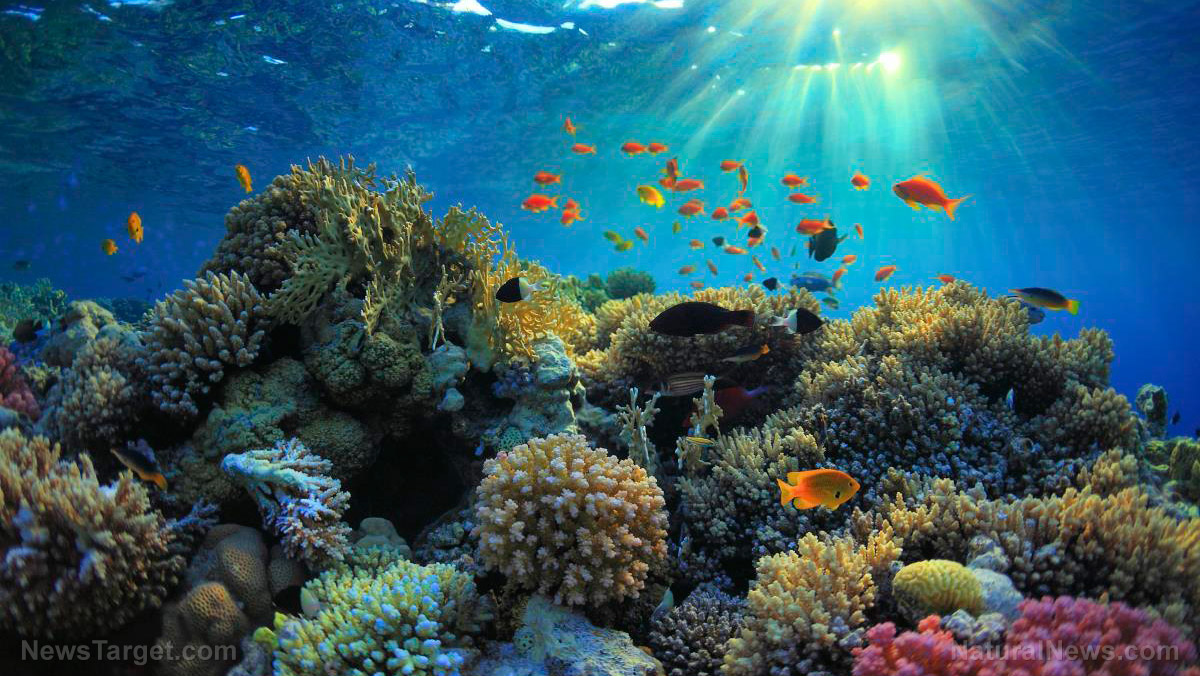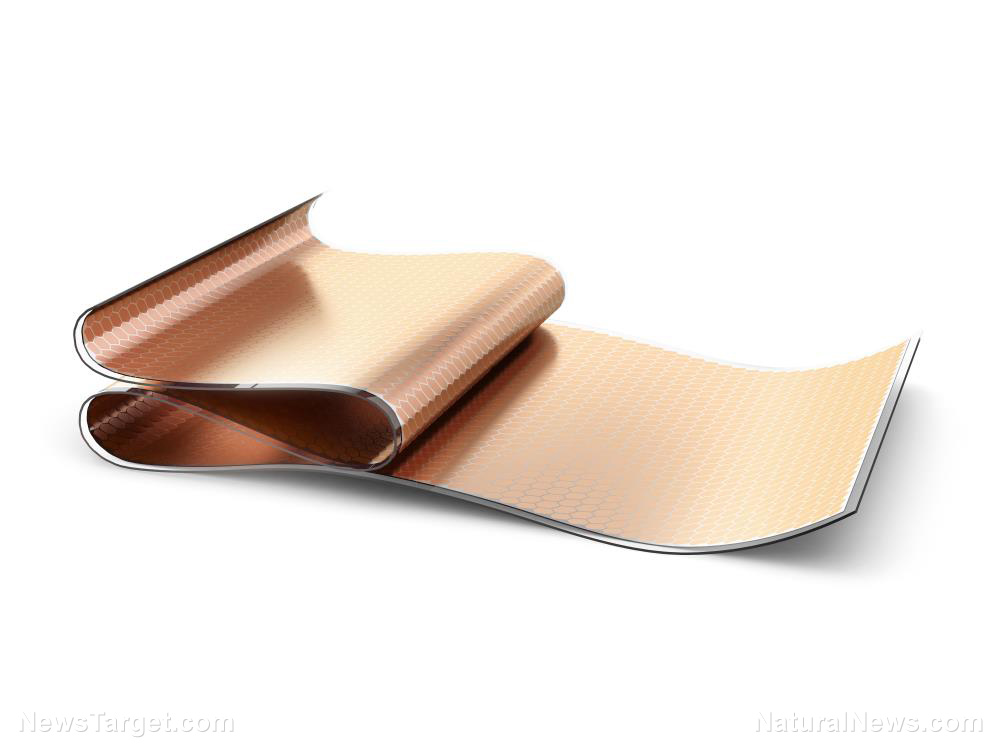New environmentally friendly sunscreen could soon be made from seaweed
09/05/2018 / By Zoey Sky

It looks like environmentally conscious people may soon have access to a greener kind of sunscreen. Researchers from King’s College London (KCL) have revealed that they are working on an environmentally friendly sunscreen that incorporates a compound found in seaweed. The sunscreen, which won’t be harmful to marine ecosystems, can protect human skin from the harsh rays of the sun.
While people often use sunscreen to protect themselves against sun damage, a lot of formulations contain synthetic UV radiation filters that can pollute water systems. A significant amount of formulations are not “eco-compatible” and they can damage fragile marine life like coral, fish, and microorganisms. (Related: 84% of sunscreen products are harmful to health, says alarming EWG study.)
The team of scientists at KCL extracted palythine, a mycosporine-like amino acid (MAA), from seaweed. They assessed palythine’s “ability to protect against UV radiation in human skin cells.” MAAs are natural compounds that organisms who live in sunlight-rich, shallow-water environments produce.
After testing them on human skin cells in a lab, the researchers discovered that even at very low concentrations, MAA could efficiently “absorb harmful rays from the sun and protect the cells against UVR [ultraviolet ray] induced damage.” The team also determined that palythine is a powerful antioxidant that also provides skin protection against oxidative stress, which is associated with cellular damage and photoaging.
The paper outlined a breakthrough that could pave the way for the development of an “eco-compatible, non-toxic, natural sunscreen that protects human skin without negative environmental effects.” However, more research is needed to determine if the compound will retain the same properties outside of the lab environment.
The European Chemicals Agency and The Environmental Effects Assessment Panel (EEAP), part of the United Nations Environment Programme (UNEP), made note of the possible eco-toxic effects of half of the 16 commonly used sunscreen filters in Europe.
Dr. Karl Lawrence of St. John’s Institute of Dermatology at King’s, the study’s lead author, said, “MAAs, in addition to their environmental benefits, appear to be multi-functional photoprotective compounds. They work through the direct absorption of UVR photons, much like the synthetic filters. They also act as potent antioxidants, which is an important property as exposure to solar radiation induces high levels of oxidative stress and this is something not seen in synthetic filters.”
Professor Antony Young, senior author of the paper and member of the EEAP, commented that experts are worried over the negative side effects of “conventional sun protection products” on the environment. He adds that based on their data, “marine-derived sunscreens” could be the solution that we need to address concerns about the health of our marine habitats and wildlife. The eco-friendly sunscreen with MAAs could also provide individuals with the necessary “sun protection that human skin requires to guard against damage that causes diseases such as skin cancer.”
Natural alternatives to chemical sunscreens
If you don’t want to use chemical sunscreens that are often full of harmful ingredients, consider these natural sunscreen alternatives:
- Wear weather appropriate clothing – Clothes are your best means of protecting yourself against UV rays. White clothing will reflect more light and keep you cooler during the summer.
- Eat well – Consuming foods full of healthy fats and antioxidants can help protect your skin from UV damage while carotenoids give your skin a healthy bronze glow even without sunlight. Eat a lot of dark, colorful fruits and vegetables that contain carotenoids and other powerful antioxidants. Add nuts, seeds, coconut oil, avocados, sea vegetables, and microalgae to your diet for a healthy dose of omega fatty acids and even some healthy saturated fats.
- Red raspberry seed oil – One of the best seed-oil sunscreens, red raspberry seed oil averages at least 28 to 50 SPF and blocks troublesome UV rays.
- Wheat germ oil – A natural moisturizer, wheat germ oil has an SPF of 20.
Read more articles on other eco-friendly products at GreenLivingNews.com.
Sources include:
Tagged Under: eco-friendly, environment, environment-friendly, green living, mycosporine-like amino acid, palythine, seaweed, skin cancer, skin care, skin health, sun protection, sunscreen, UV radiation




















